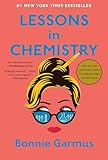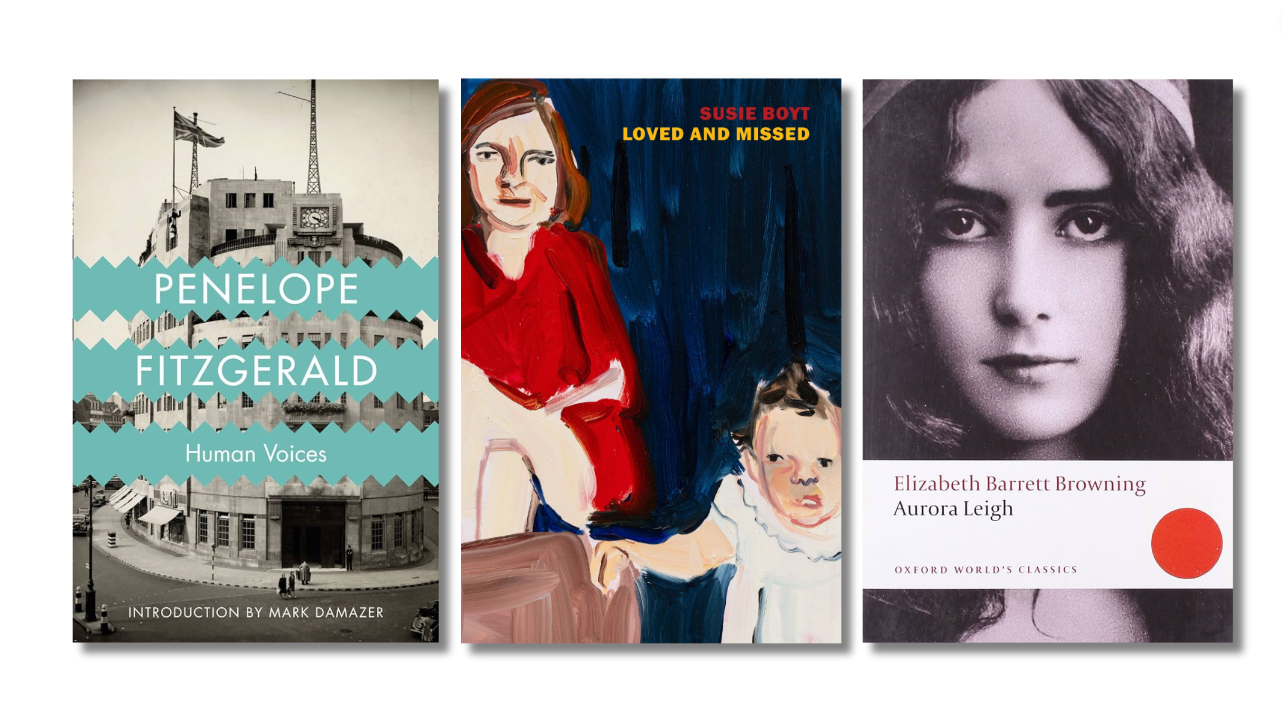 I haven’t finished it yet but my best discovery this year was Aurora Leigh by Elizabeth Barrett Browning. In Florence in June with one of my best friends from college, we took a walk between drinks and dinner and came across the plaque at Casa Guidi: “Qui scrisse e mori ELISABETTA BARRET BROWNING.” She wrote and died here. Inside the next day, we found out that she slept facing a portrait of her father who’d cut her off for marrying, painted her living room the colors of the Italian flag to encourage the Risorgimento, and put her desk, like Toni Morrison a century later, in the middle of the living room so that her baby son could interrupt her as often as he pleased. Stopping in London on the way back to NYC, I bought a copy of Aurora Leigh and was bowled over. It’s a nine-book verse novel (which is why you’ll forgive me for mentioning it while I’m still reading) about a girl who wants to write poetry surrounded by men who think they can’t. “Mere women, personal and passionate,” Aurora’s cousin Romney says, “You give us doating mothers, and chaste wives, / Sublime Madonnas, and enduring saints! / We get no Christ from you, —and verily / We shall not get a poet, in my mind.”
I haven’t finished it yet but my best discovery this year was Aurora Leigh by Elizabeth Barrett Browning. In Florence in June with one of my best friends from college, we took a walk between drinks and dinner and came across the plaque at Casa Guidi: “Qui scrisse e mori ELISABETTA BARRET BROWNING.” She wrote and died here. Inside the next day, we found out that she slept facing a portrait of her father who’d cut her off for marrying, painted her living room the colors of the Italian flag to encourage the Risorgimento, and put her desk, like Toni Morrison a century later, in the middle of the living room so that her baby son could interrupt her as often as he pleased. Stopping in London on the way back to NYC, I bought a copy of Aurora Leigh and was bowled over. It’s a nine-book verse novel (which is why you’ll forgive me for mentioning it while I’m still reading) about a girl who wants to write poetry surrounded by men who think they can’t. “Mere women, personal and passionate,” Aurora’s cousin Romney says, “You give us doating mothers, and chaste wives, / Sublime Madonnas, and enduring saints! / We get no Christ from you, —and verily / We shall not get a poet, in my mind.”  I wish the sentiment felt more remote, but there is something wonderful about the case against women poets being put so well by a woman poet in her masterwork. I feel like an idiot for not having started on it sooner. I also read Flush by Virginia Woolf, and was delighted by Vanessa Bell’s line drawings of the Casa Guidi living room I’d seen that summer.
I wish the sentiment felt more remote, but there is something wonderful about the case against women poets being put so well by a woman poet in her masterwork. I feel like an idiot for not having started on it sooner. I also read Flush by Virginia Woolf, and was delighted by Vanessa Bell’s line drawings of the Casa Guidi living room I’d seen that summer.



 One humbling thing about having a book out has been watching reviewers discover the gaps in your reading. Lauren Michele Jackson noticed in her deeply engaged review of A Life of One’s Own: Nine Women Writers Begin Again that I didn’t mention Daniel Deronda in my chapter on George Eliot—well, let’s just say she wouldn’t be confused if she saw where I’ve left a bookmark in my copy. Susan Pedersen asked me why I hadn’t included Penelope Fitzgerald, who published her first novel in her sixties, a full life behind her. I hadn’t taken to The Blue Flower when I’d read it in my early twenties, but I tried Fitzgerald again this spring—it was the right time, and I loved her. I read Offshore, At Freddie’s and The Bookshop in a great greedy rush, but my favorite was Human Voices, a romantic comedy (of sorts) set at the wartime BBC, all blackouts and absent French boyfriends.
One humbling thing about having a book out has been watching reviewers discover the gaps in your reading. Lauren Michele Jackson noticed in her deeply engaged review of A Life of One’s Own: Nine Women Writers Begin Again that I didn’t mention Daniel Deronda in my chapter on George Eliot—well, let’s just say she wouldn’t be confused if she saw where I’ve left a bookmark in my copy. Susan Pedersen asked me why I hadn’t included Penelope Fitzgerald, who published her first novel in her sixties, a full life behind her. I hadn’t taken to The Blue Flower when I’d read it in my early twenties, but I tried Fitzgerald again this spring—it was the right time, and I loved her. I read Offshore, At Freddie’s and The Bookshop in a great greedy rush, but my favorite was Human Voices, a romantic comedy (of sorts) set at the wartime BBC, all blackouts and absent French boyfriends.
 I have a rule that I will read anything if two friends separately recommend it, and that was the reason I ended up reading Loved and Missed by Susie Boyt. I read it over a day in early September, reeling from a break-up, and was glad to be among women taking care of each other, which is far too sentimental a description of what the book actually is. Anyway, it was as great as my friends said, and it made me feel better.
I have a rule that I will read anything if two friends separately recommend it, and that was the reason I ended up reading Loved and Missed by Susie Boyt. I read it over a day in early September, reeling from a break-up, and was glad to be among women taking care of each other, which is far too sentimental a description of what the book actually is. Anyway, it was as great as my friends said, and it made me feel better.



 Swapping books with my friend Katie has been one of this year’s joys: we loved A Dog’s Ransom by Patricia Highsmith, but were skeptical of Lessons in Chemistry by Bonnie Garmus (or at least she was—I romped through it and she corrected me at the end). I need to return her copy of Crossroads and lend her mine of Nothing Special.
Swapping books with my friend Katie has been one of this year’s joys: we loved A Dog’s Ransom by Patricia Highsmith, but were skeptical of Lessons in Chemistry by Bonnie Garmus (or at least she was—I romped through it and she corrected me at the end). I need to return her copy of Crossroads and lend her mine of Nothing Special.
Victorian verse novels aside, some of my favorite reading this year has been my friends’ texts: I bow down to Željka, Lauren, Frances and unexpectedly, my dad, whose emoji game was 🔥 this year.
More from A Year in Reading 2023
A Year in Reading Archives: 2022, 2021, 2020, 2019, 2018, 2017, 2016, 2015, 2014, 2013, 2012, 2011, 2010, 2009, 2008, 2007, 2006, 2005










